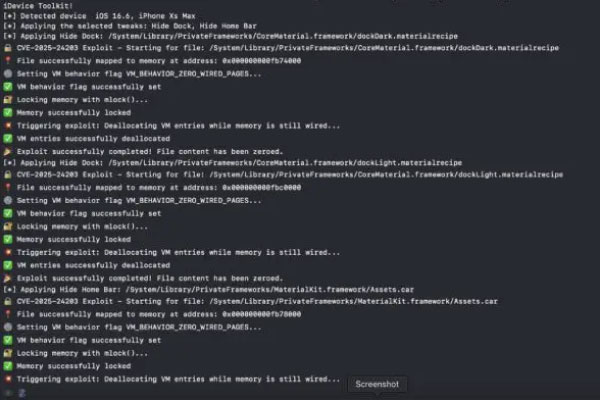
Last month, the Department of Government Efficiency (DOGE) confronted allegations of having created an unsecured live cloud version of all U.S. citizens’ Social Security information, devoid of adequate security supervision or monitoring. A fresh report from the Homeland Security and Governmental Affairs Committee (HSGAC) corroborates these allegations, emphasizing “serious cybersecurity weaknesses, privacy infringements, and risk of corruption.”
Spearheaded by Sen. Gary Peters, HSGAC’s six-month inquiry uncovered that DOGE’s improper handling of data placed U.S. citizens at substantial risk from malicious entities, including “foreign adversaries” such as China, Russia, and Iran. An internal risk evaluation by the Social Security Administration (SSA) suggested a 35 to 65 percent likelihood of a “catastrophic adverse effect” resulting from a data breach, potentially requiring the reissuance of all U.S. Social Security numbers.
“The looming risk of a breach of this sensitive information, and its potential exploitation, considerably heightens the urgency for DOGE to halt any high-risk initiatives and reveal its activities to Congress and the public,” the report articulated.
HSGAC also expressed worries related to the “layer of secrecy” enveloping DOGE’s activities, which “protects [DOGE] from substantial oversight and responsibility.” SSA representatives were unable to offer insights into DOGE’s actions or accountability beyond DOGE-related officials. HSGAC staff indicated that DOGE work areas were secured by armed personnel, with other agency staff remaining uninformed about the justification for such precautions.
“DOGE functions outside of, and even in opposition to, federal regulations and their stated efficiency and transparency objectives,” the report noted. “DOGE, initially headed by billionaire Elon Musk, is predominantly made up of employees with no policy or governmental background and significant conflicts of interest, casting doubt on both the efficacy and the motivations driving their efforts.”
Other agencies struggled to pinpoint DOGE’s leadership or present “a clear chain of command.” While Amy Gleason is formally the administrator of DOGE, whistleblowers characterized her as “a figurehead with no substantial authority over DOGE personnel at agencies.”
The HSGAC report further accused that U.S. citizens’ information could be exploited to advantage DOGE employees and private enterprises, hinting at Musk’s companies such as Tesla, SpaceX, and xAI. Musk declared his exit from DOGE in May, yet the organization continued to be staffed by his loyal followers.
DOGE was comprised of recent graduates, many lacking government experience, including Edward “Big Balls” Coristine, allegedly associated with a cybercrime group.
“Even as DOGE personnel start to depart from the government, it remains uncertain what these individuals have done with the sensitive information they have accessed,” the report explained. “The information these individuals have accessed would hold value not only for foreign adversaries and malicious actors, but also for private companies seeking to gain a competitive advantage.”
Founded by President Donald Trump in early 2025, DOGE aimed to enhance governmental efficiency by reducing costs. Musk initially asserted that DOGE would cut government expenditures by $2 trillion, but later amended this target to $150 billion by April. Meanwhile, DOGE has created upheaval, terminating over 280,000 employees and dismantling various agencies. Hundreds of these laid-off workers were asked to return to their previous positions this week.